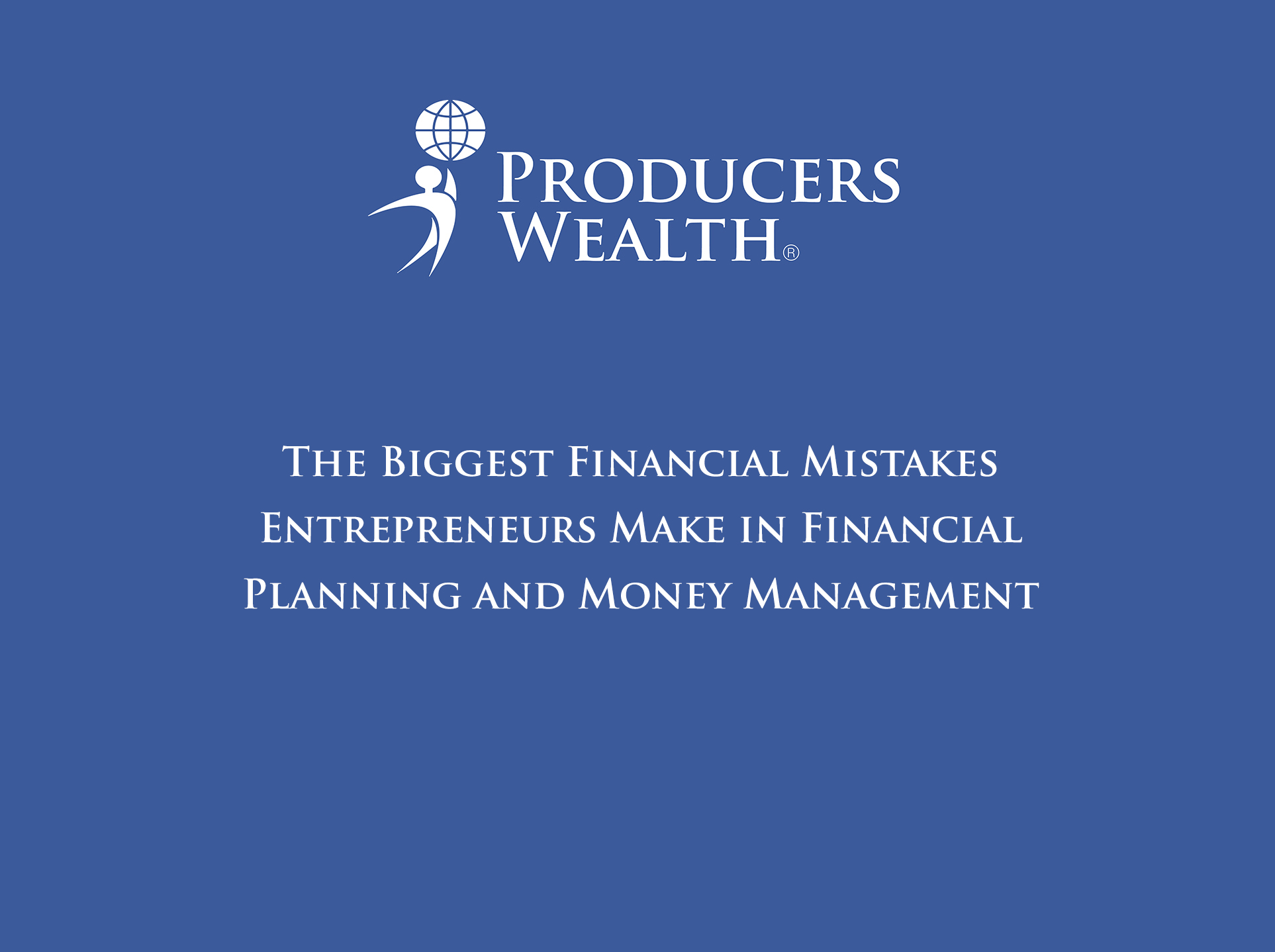
Charitable foundations are organizations established to support philanthropic causes and make a positive impact on society. These foundations are typically funded by donations from individuals, families, or corporations, and they distribute funds to charitable programs, projects, and organizations aligned with their mission. Let’s explore the types, workings, benefits, case studies involving Warren Buffett and Bill Gates, and the positives and negatives of charitable foundations:
Types of Charitable Foundations:
- Private Foundations: Private foundations are established and funded by individuals, families, or small groups of donors. They are governed by a board of trustees or directors and typically have more control over their grantmaking activities. Examples include the Bill & Melinda Gates Foundation and the Warren Buffett Foundation.
- Public Foundations: Public foundations are funded by contributions from a broad range of donors, including individuals, corporations, and government agencies. They often raise funds through public campaigns, events, and partnerships and distribute grants to charitable organizations. Examples include the United Way and the Ford Foundation.
- Corporate Foundations: Corporate foundations are established by corporations to support charitable initiatives and community development efforts. They are funded by contributions from the parent company and may focus on areas related to the corporation’s business interests or corporate social responsibility goals. Examples include the Coca-Cola Foundation and the Walmart Foundation.
How Charitable Foundations Work:
- Establishment: Charitable foundations are established by filing legal documents with the appropriate government authorities, such as articles of incorporation or trust documents. These documents outline the foundation’s mission, governance structure, and tax-exempt status.
- Funding: Foundations receive funding from donors, who may contribute cash, securities, real estate, or other assets. Donors may receive tax benefits for their contributions, depending on the foundation’s tax-exempt status and the donor’s country of residence.
- Grantmaking: Foundations distribute funds to charitable organizations and projects through a grantmaking process. This process involves soliciting grant proposals, reviewing applications, and selecting grantees based on criteria such as mission alignment, impact, and financial need.
- Impact Monitoring: Foundations monitor the impact of their grants and investments to ensure that they are achieving their intended outcomes. This may involve collecting data, conducting evaluations, and engaging with grantees and stakeholders.
Benefits of Charitable Foundations:
- Philanthropic Impact: Charitable foundations enable donors to make a positive impact on society by supporting causes and organizations aligned with their values and priorities.
- Tax Benefits: Donors may receive tax deductions for their contributions to charitable foundations, depending on the foundation’s tax-exempt status and the donor’s country of residence.
- Legacy Building: Foundations provide a mechanism for donors to create a lasting legacy and support charitable causes beyond their lifetime.
- Flexibility and Control: Donors have flexibility and control over how their charitable funds are used, allowing them to target specific issues, populations, or geographic areas.
Case Studies Involving Buffett and Gates:
- Bill & Melinda Gates Foundation: The Gates Foundation has made significant contributions to global health, education, and poverty alleviation efforts. For example, the foundation has funded vaccination programs to combat diseases like polio and malaria, supported initiatives to improve maternal and child health, and invested in agricultural development to reduce hunger and poverty in developing countries.
- Warren Buffett’s Giving Pledge: While Buffett does not have a foundation named after him, he has pledged the majority of his wealth to philanthropy through the Giving Pledge, an initiative he co-founded with Bill and Melinda Gates. Through the Giving Pledge, Buffett encourages other wealthy individuals and families to commit to giving away the majority of their wealth to charitable causes during their lifetime or in their will.
Positives and Negatives of Charitable Foundations:
Positives:
- Impact: Foundations have the potential to make a significant impact on pressing social and environmental issues.
- Flexibility: Donors have flexibility and control over how their charitable funds are used, allowing them to target specific causes and projects.
- Legacy Building: Foundations provide a mechanism for donors to create a lasting legacy and support charitable causes beyond their lifetime.
Negatives:
- Administrative Overhead: Foundations may incur administrative costs, such as staff salaries, office expenses, and grantmaking expenses, which can reduce the amount of funding available for charitable programs.
- Accountability: Foundations are accountable to their donors, grantees, and the public for their actions and decisions. Maintaining transparency and accountability can be challenging, particularly for private foundations with limited public oversight.
- Complexity: Establishing and managing a charitable foundation involves legal, financial, and administrative complexities. Donors may need to seek professional advice to navigate these complexities effectively.
Charitable foundations play a crucial role in addressing social, environmental, and humanitarian challenges worldwide. While they offer significant benefits, including philanthropic impact, tax advantages, and legacy building opportunities, they also present challenges, such as administrative overhead, accountability, and complexity. By understanding the workings, benefits, and considerations of charitable foundations, donors can make informed decisions about their philanthropic giving and maximize their impact on society.
Watch all of our educational videos on Infinite Banking here.
Disclaimer and Waiver
Michiel Laubscher & Laubscher Wealth Management LLC is not an investment advisor and is not licensed to sell securities. None of the information provided is intended as investment, tax, accounting, or legal advice, as an offer or solicitation of an offer to buy or sell, or as an endorsement, of any company, security, fund, or other offerings. The information should not be relied upon for purposes of transacting securities or other investments. Your use of the information contained herein is at your own risk. The content is provided ‘as is’ and without warranties, either expressed or implied. Michiel Laubscher & Laubscher Wealth Management LLC does not promise or guarantee any income or specific result from using the information contained herein and is not liable for any loss or damage caused by your reliance on the information contained herein. Always seek the advice of professionals, as appropriate, regarding the evaluation of any specific information, opinion, or other content.





